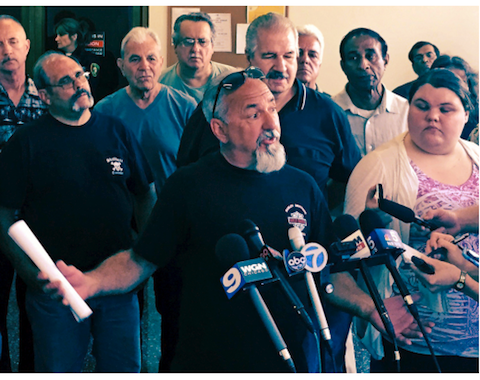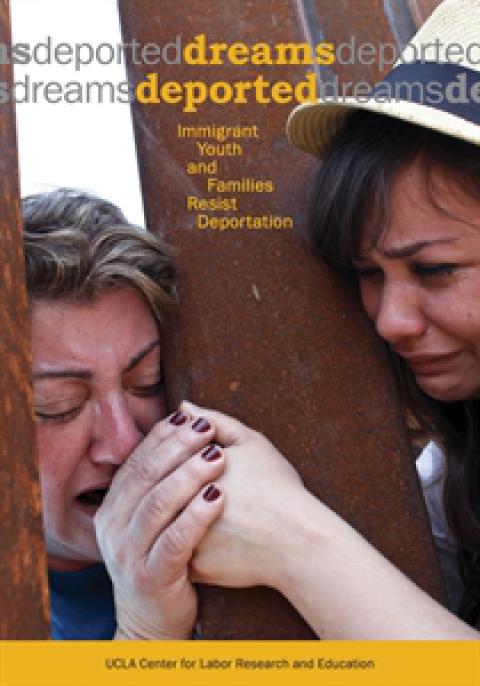Landlords Behaving Badly: San Francisco Too Valuable for Poor People*
CounterPunch

“The data clearly shows that the evictions crisis and resulting loss of rental units” is a big blow to the city meeting its affordable housing goals, said Board of Supervisor Jane Kim. Speaking on the steps of city hall, Kim announced her new pro-tenant “Eviction Protection Act/Just Cause 2.0” ordinance, a reference to the latest dot.com boom that set off soaring housing competition. The ordinance idea came from the community she said.









Spread the word